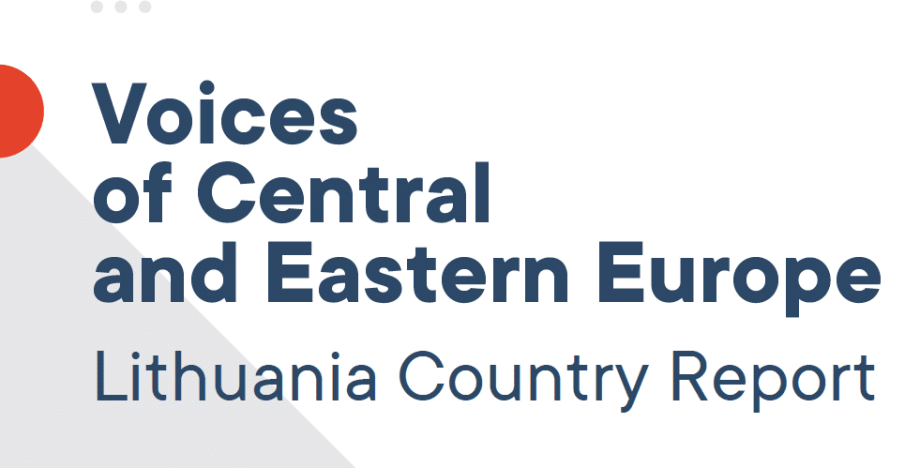Perceptions of democracy and conspiracy theories in Lithuania

Over the past few years, the European Union has coped with far-reaching political, economic and social changes and a string of successive and sometimes overlapping crises. The financial and economic crisis, refugee and migration flows and the Covid-19 pandemic all underscore both the extent to which our world is interconnected and the vulnerabilities of modern societies. Globalization, digitalization and an all-encompassing information age are indeed providing an unending challenge to all.
GLOBSEC’s report, Voices of Central and Eastern Europe: Perceptions of democracy & governance in 10 EU countries, provides unique insight into public satisfaction with the functioning of democracy and governance in ten Central and Eastern European countries: Austria, Bulgaria, Czechia, Estonia, Hungary, Latvia, Lithuania, Poland, Romania and Slovakia.
This study focuses specifically on Lithuania. As the Lithuanian partner within the project, the Eastern Europe Studies Centre (Rytų Europos studijų centras/EESC) has provided insights into analysis of perceptions on politics and society in the Baltic country.
The key findings of this study are:
- Only 32% of Lithuanians are satisfied with how democracy works in the country.
- One third of Lithuanian respondents would be willing to trade their rights and freedoms for other benefits.
- 71% believe that people with contacts to political elites are favoured.
- Only a third of Lithuanians trust formally independent institutions such as the courts and judiciary.
- A sizeable portion of Lithuanian society (43%) feels that migrants pose a threat to local identity and values.
Read more in the fact-sheets and report below (both in English and Lithuanian).
For more information about Lithuania, please visit EESC’s website.